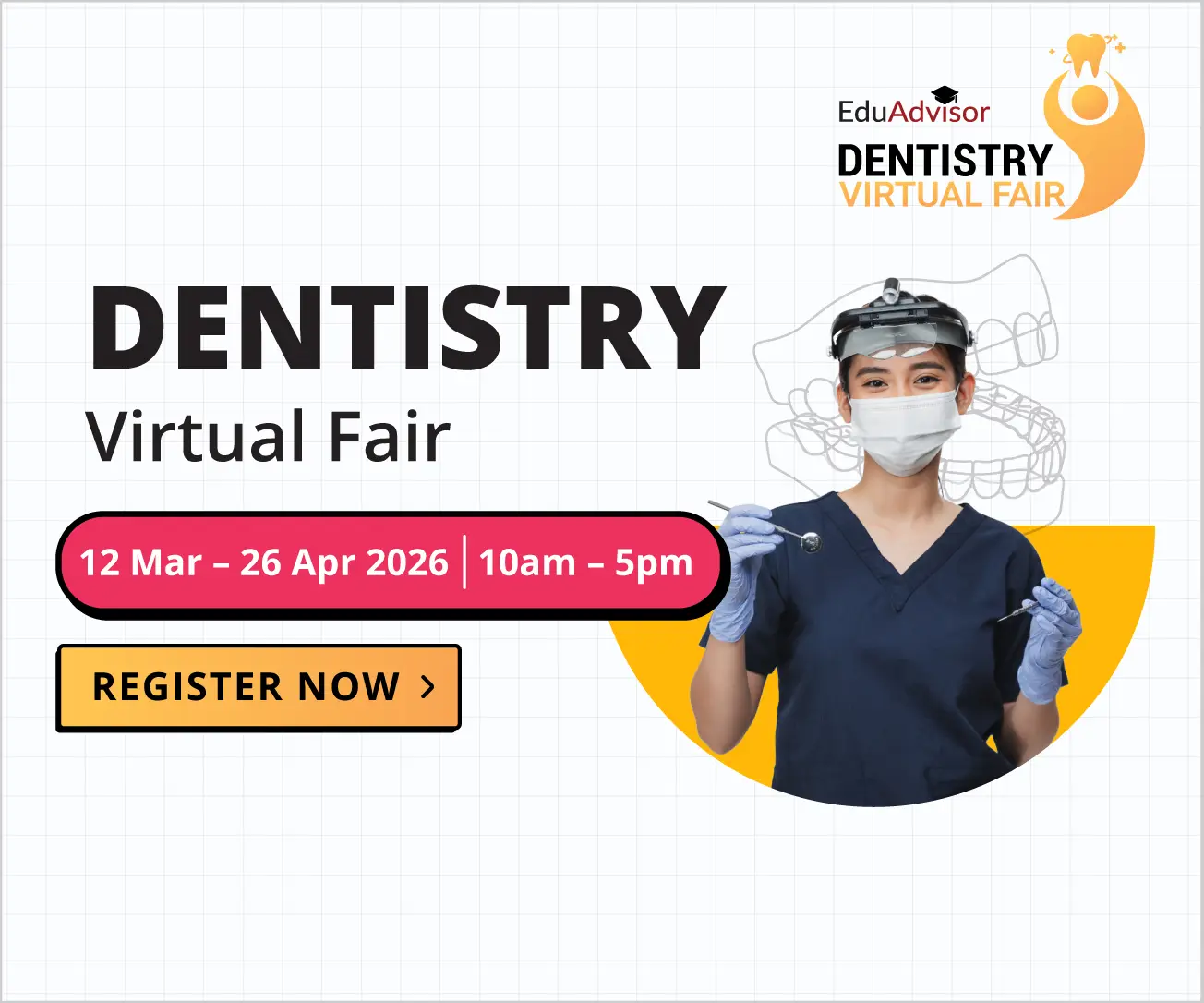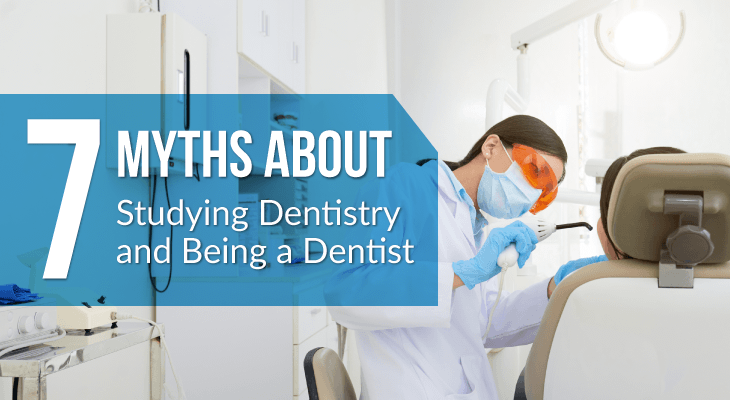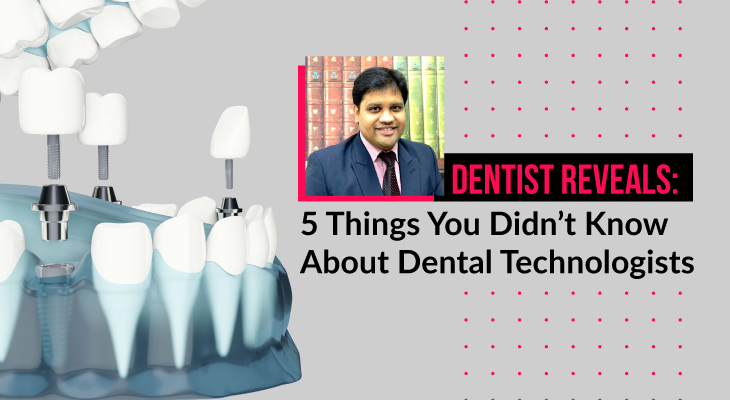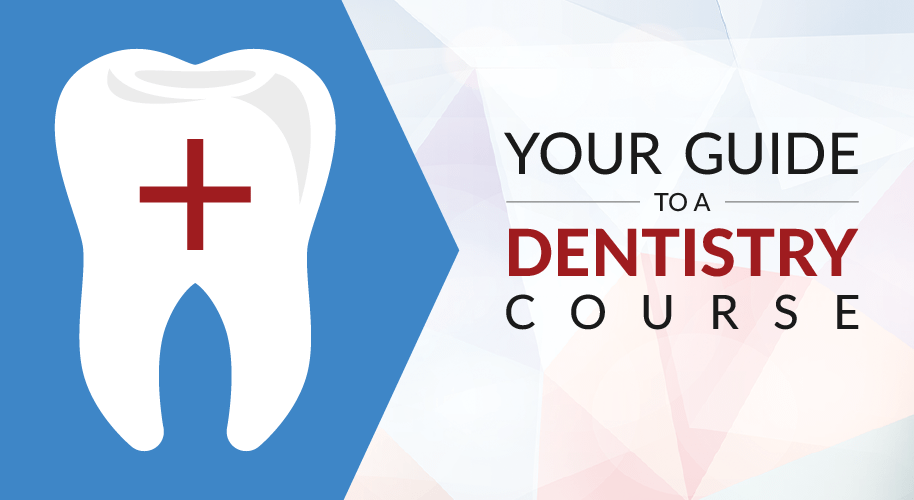How To Be A Dentist in Malaysia After SPM
What does the journey look like to become a dentist in Malaysia? Here’s a guide on how you can be a practising dentist in Malaysia from SPM.
Updated 30 Jun 2022
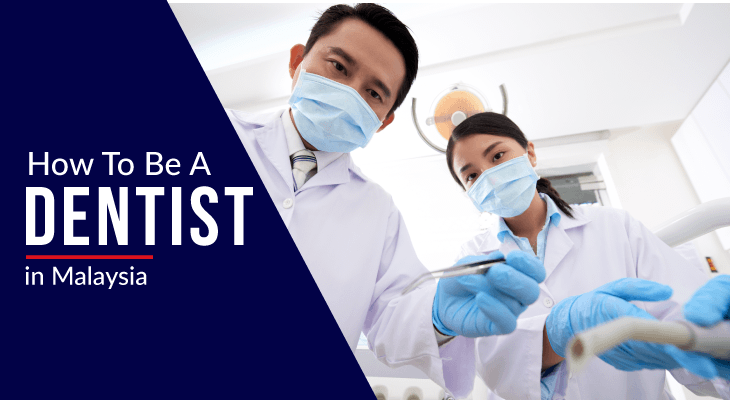
Have you always been fascinated by the field of dentistry and how oral health relates to your overall well being? Do you enjoy working with your hands and have a passion for helping people? Perhaps you consider yourself a science enthusiast with a streak of As in biology and chemistry.
If so, then you should consider pursuing a dentistry degree and become a dentist!
So, what can you do to hold the title of a dentist? We’ve prepared a step-by-step guide on how you can qualify to be a dentist in Malaysia from SPM.
#1. Meet the requirements at SPM level
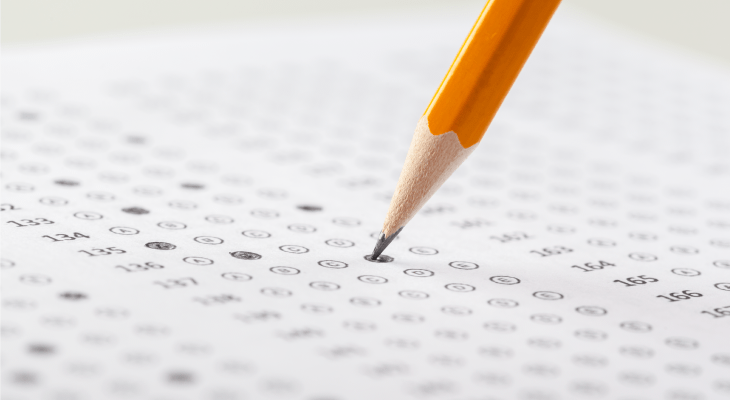
To study dentistry and be a dentist in Malaysia, you must first meet the entry requirements set for SPM level by the Malaysian Dental Council (MDC).
You’ll need to have at least 5Bs at SPM (or O Levels / IGCSE) including:
- Biology, and
- Chemistry, and
- Physics, and
- Mathematics or Additional Mathematics, and
- One other subject (except Art/ Kemanusiaan Sastera Ikhtisas (KSI))
This is required if you are pursuing Foundation in Science or Matrikulasi as your next step. If you are taking STPM, A Levels, UEC, Australian Matriculation (e.g. SACEi, AUSMAT/WACE), MUFY or CIMP, then this is not mandatory and you only need to meet the academic requirements at the pre-university level.
In addition, if you are planning to complete your compulsory service in the government later on, you must also have a credit in Bahasa Melayu and a pass in Sejarah in SPM.
#2. Complete a pre-university or foundation programme

When it comes to pursuing a degree in dentistry, you’re recommended to study a pre-university programme (A Levels, STPM, Matrikulasi, SACEi) or pursue a Foundation in Science.
The academic requirements at pre-university or foundation level are as follows:
- A Levels: BBB, ABC or AAC in Biology, and Chemistry, and Physics or Mathematics
- STPM: BBB, ABC or AAC in Biology, and Chemistry, and Physics or Mathematics
- Australian Matriculation (e.g. SACEi, WACE): Average of 80% in Biology, and Chemistry, and Physics or Mathematics; or ATAR 80
- Foundation in Science / Matrikulasi: CGPA of 3.0 in Biology, and Chemistry, and Physics or Mathematics; and 5Bs in Biology, Chemistry, Physics, Mathematics or Additional Mathematics, and one other subject in SPM (except Art/ Kemanusiaan Sastera Ikhtisas (KSI)) or equivalent
Completing any one of the qualifications above will allow you to pursue a Bachelor of Dental Surgery (BDS).

#3. Complete a recognised dental degree
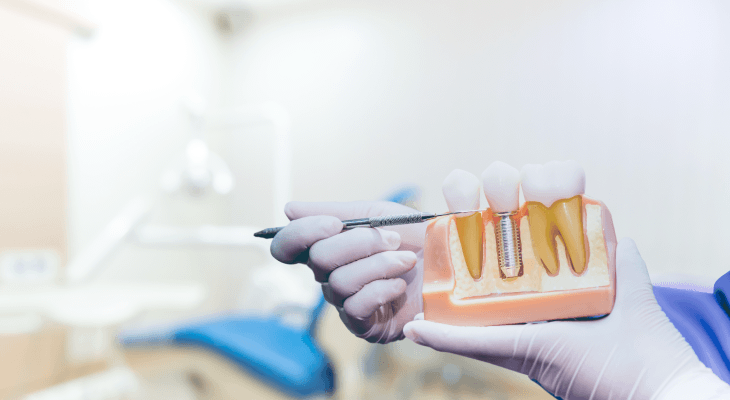
Once you complete your pre-university or foundation in science and meet the entry requirements, you’ll be eligible to pursue a Degree in Dentistry.
In order to become a practising dentist in Malaysia, it is recommended that you pursue a dentistry degree that’s recognised by the Malaysian Dental Council. This accreditation indicates that the institution and programme have met the national standards and guidelines of MDC.
Typically, dental degrees take about 5 years to complete and it’s generally divided into 2 parts. During the first part, you’ll focus on pre-clinical training where you learn basic theoretical sciences for 2 years. Thereafter, you’ll shift to clinical training where you’ll gain hands-on experience by practising treatment procedures.
Once you’ve completed your dental degree, you can move on to the next step — compulsory service.
Apply for university with EduAdvisor
Secure scholarships and more when you apply to any of our 100+ partner universities.
Start now#4. Complete one year of compulsory service and gain work experience
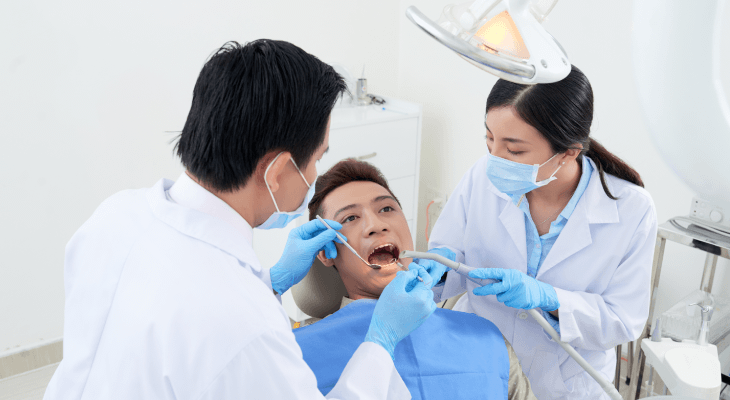
Unlike medicine, there isn’t “housemanship” for dentistry. Instead, you undergo a one year compulsory service after completing your BDS. This is when you’ll learn to apply the knowledge, skills and techniques that you’ve gained during your dentistry degree in a real work setting and gain substantial experience in examining, diagnosing and treating patients.
With the enforcement of the new Dental Act 2018 (Act 804), dental graduates can now undergo compulsory service in either the public or private sector. Prior to this, it is mandatory for compulsory service to be done in the public sector.
Take note that if you intend to do your compulsory service in the public sector, you’ll need to meet the requirements of the Suruhanjaya Perkhidmatan Awam (SPA) which requires you to have a credit in Bahasa Melayu and a pass in Sejarah. Otherwise, this requirement will not be relevant to you.
#5. Pass the Professional Qualifying Examination and get registered
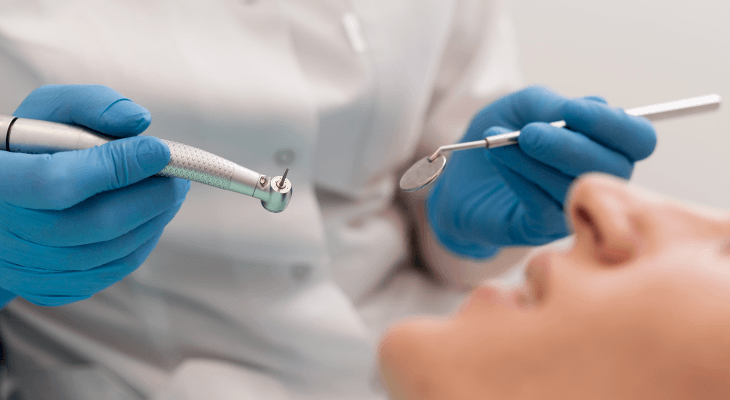
Once you successfully complete your compulsory services, you’ll need to sit for the Professional Qualifying Examination. The exam consists of 3 parts which includes a theory examination, a pre-clinical examination and a clinical examination. This falls under the new dental act to ensure all registered dentists are competent to perform their duties.
If you pass the Professional Qualifying Examination, you can then proceed to register yourself with MDC and be a fully registered dentist. At this stage, you’ll be able to use the abbreviation “Dr.” in front of your name.
Here onwards, you can choose to work in the government, work in the private sector, pursue postgraduate studies or set up your own clinic.

#6. To be a specialist, you’ll need to complete postgraduate study and gain practical experience

If you wish to be a specialist (e.g. orthodontist, paediatric dentist, oral and maxillofacial surgeon), further education and training are required.
To qualify, you need at least 2 years of work experience after you’ve registered. During this time, you can attach yourself to specific dental fields or services that interest you. That way, you’ll be able to see which specialty fits you.
Once you’ve decided which field you’d like to specialise in, you can pursue a postgraduate qualification that usually takes about 4 years to complete. This generally consists of 1 year of prerequisite Master’s coursework programme in the related discipline and 3 years of specialty training.
Upon completing the various criteria of being a specialist (postgraduate education, training, work experience), you will then be able to register yourself as a dental specialist with MDC. In general, there are 12 dental specialties that are recognised and registrable with MDC.
We hope this has shed some light on the pathway of being a dentist after SPM. Although there will be challenges on the long and windy road, rest assured that these hurdles will equip you with the dedication, resilience and integrity that is required of a professional dentist.


